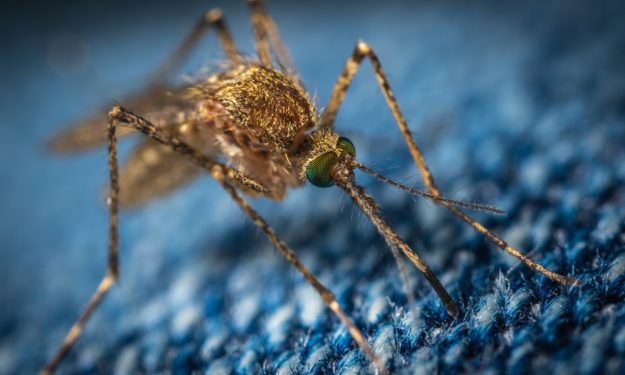EEE in Massachusetts & New Hampshire: What to Know for Your Pet

Written by: Krista Vernaleken, VMD
There has been an explosion in news reports about Eastern Equine Encephalitis (EEE) in Massachusetts & New Hampshire, and we’ve been also getting some questions about this disease in pets. Infection in dogs and cats has been reported, but it is extremely rare and mostly in puppies. The below link has a brief FAQ that can answer most questions:
https://www.mass.gov/service-details/wnv-and-eee-in-animals
Is my pet at risk?
In general, humans are a much greater concern for EEE and pet caretakers should primarily focus on taking measures to protect themselves against mosquitoes. There is very low risk for this disease in our canine and feline population.
What can I do to protect my pet?
For dogs, there are several topical products labeled to repel mosquitoes, although just like humans no product is 100% effective. Please call your veterinarian for recommendations based upon your pet’s health and overall parasite control plan. For cats, none of the topical parasite control products have efficacy as mosquito repellants. Products labeled for humans have not been tested in animals and you should consult with your veterinarian before using anything that is not labeled for use on the intended species.
Is my backyard flock at risk?
In addition, most birds can be effected by Eastern Equine Encephalitis. They are not contagious to humans or other animals, but get it from mosquitoes. The biggest at-risk birds are outdoor birds like chickens, ducks, and geese (or emus if you have large birds). Affected birds may be lethargic, clumsy, stagger, have a decreased appetite or have more severe neurologic signs.
The best prevention is putting them into indoor coops early; mosquitoes are most active in the evening. You can also give the equine vaccine to some birds. If you would like to consider vaccination, please contact the exotics team at Bulger so the vaccine can be ordered and an appointment can be scheduled.